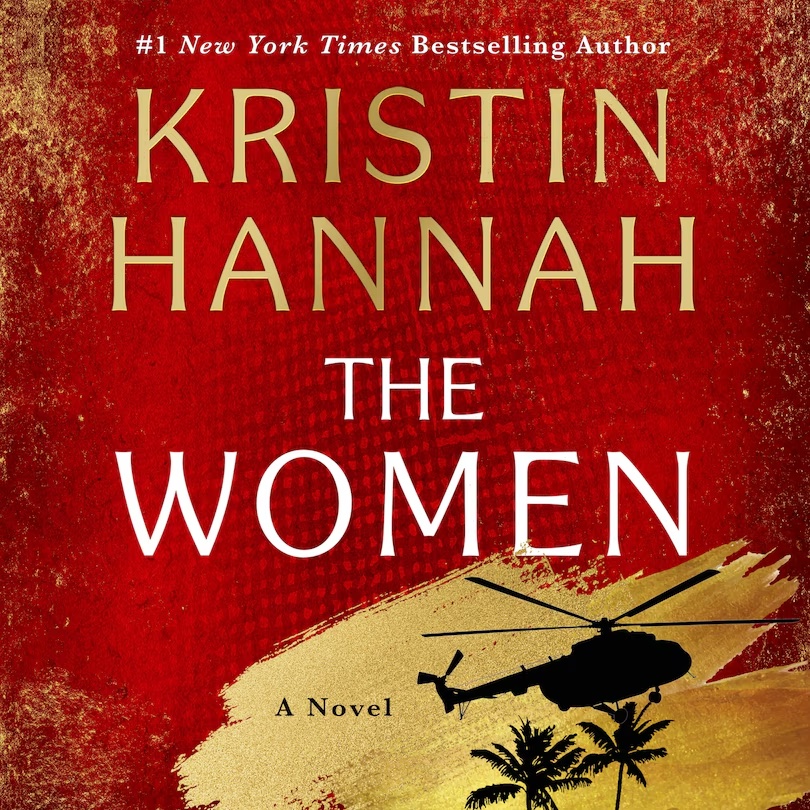
The Women by Kristin Hannah is about the women who went to Vietnam and returned to the US during a time of deep political division and contempt for the war. They were not seen as heroes and they were often not acknowledged as even being there. “Women weren’t in Vietnam.”
The shunning meant that these women were not given support for the trauma they saw as surgical nurses. They dealt with soldiers and villagers who had unsurvivable chest wounds, their limbs blown off, or gangrene. They lived in field hospitals or evacuation hospitals under bomb threats and had minimal downtime. Like the men who went to war, they suffered from nightmares and addiction. The only saving grace was the deep friendships formed in those intense tours of duty.
The story follows Frances McGrath who signs up shortly after her brother. Both are following in the footsteps of their forefathers who are honoured on the family “heroes wall” in their father’s study. Sadly, Frankie’s commitment to service is frowned upon whereas her brother is given a party.
Many new nurses were not accepted into the navy or airforce unless they had 2 years of service at home already. But the army was desperate for men and women. Often those going to Vietnam were so green they did not know the basics. They had to learn on the job. Frankie finds support from her bunkmates Ethel and Barb, who take her under their wing. She finds love, loses that man to the war, finds love again, and then loses that man to war. It’s a heartwrenching story that doesn’t end with the war.
When Frankie returns to her family home, she finds out that her father has told people at the club that she was in Florence. They deny the love and attention she needs. Ethel and Barb, despite being scattered across the US, reunite to support Frankie in her darkest days.
The latter half of the book hammers home how underappreciated these nurses with military training were. Upon their return to civilian life, if they sought medical jobs, they often started at the bottom of the hierarchy, being given light duties like emptying bedpans and fetching water. These women often stood in for doctors on the front when they were short of staff. They knew how to successfully carry out many medical procedures. None of that mattered. Even when they went to peace marches as veterans to support the end of the war, they were scolded by their male peers. “This is a march for veterans.” Given the number of men who were wounded or died in Vietnam, it’s hard to believe that soldiers missed the 10,000 military women who were there as nurses, medical personnel, air traffic control or military intelligence. But it seems like an angry time. The book ends on a happy-enough note but the story is a dire reminder of what war does to people.